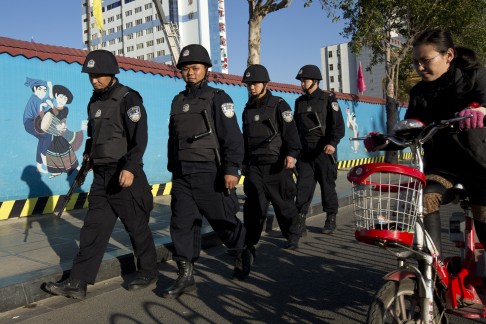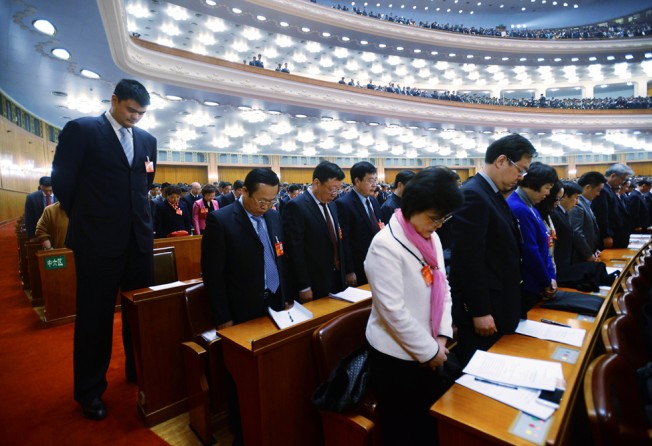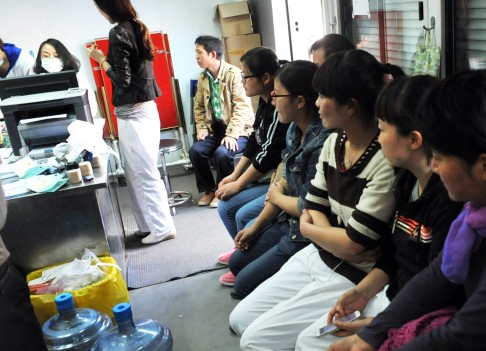
Calmer, conciliatory voices clash with radical ones on social media as China grieves Kunming victims

The brutal massacre at a railway station in the southwestern Chinese city of Kunming that resulted in 33 deaths on Saturday night has fuelled heated online debate.
While officials have blamed “separatists” from China’s vast northwestern Xinjiang region for the terror attack, others on microblog services have called for mourning and have stressed that not all Uygurs should be seen as terrorists.
Liberal legal scholar Xu Xin, who claims more than 6 million followers on his Weibo microblog, urged the public not to vent their anger on Xinjiang residents or the Uygur ethnic group while condemning terrorism.
“Inciting ethnic hate is exactly what terrorists aim to do,” he said. “Instead of igniting more hatred, we ought to reflect on what generates terrorism in order to more effectively contain it,” he added, suggesting to rethink China's ethnic policies.
Despite state media reports on the identity of the attackers, the official social media outlet of Kashgar, a city in the centre of the Xinjiang Uygur Autonomous Region, has called on the media and public to avoid using terms such as “Xinjiang separatists” that may potentially implicate innocent residents.
“The overwhelming majority of Xinjiang residents have nothing to do with East Turkestan Islamic Movement terrorists… Please do not tarnish the word ‘Xinjiang’,” the city government said in a post, referring to the extremist organisation which calls for independence for the region.
The movement is regarded as a terrorist group not only by China but also by the United Nations and the United States, among others.
Chinese authorities have so far only described the assailants as “Xinjiang separatists”, stopping short of naming their ethnic backgrounds.
At the same time, the tragedy has also led to more radical views being aired on the internet. A commentary on the Global Times website, for example, called for “revenge and counter attack”.

A Global Times editorial on Monday called for an “internet war on terror”, against “individuals who do not condemn terrorist acts”.
The same article also called for a severe crackdown on the Eastern Turkestan Islamic Movement, even if it came at the expense of the Uygur population.
A number of commentators condemned Western media for “double-standards” and “bias against China”.
When the US Embassy in Beijing posted “America condemns this horrible and meaningless violence in Kunming” on its official Weibo microblog on Sunday night, many grieving netizens questioned its sincerity, criticising the remark as an attempt to tone down the seriousness of the incident.
“Does this attitude represent that of the US government?” asked Ma Xiaolin, founder and CEO of a blogging site. “Only ‘horrible and meaningless’? Would the US government describe a similar attack on American soil in the same way?”
Ma Guangyuan, an economist in Beijing, echoed this sentiment. “Let us from now on call the September 11 attacks a ‘horrible and meaningless’ incident”, he said.